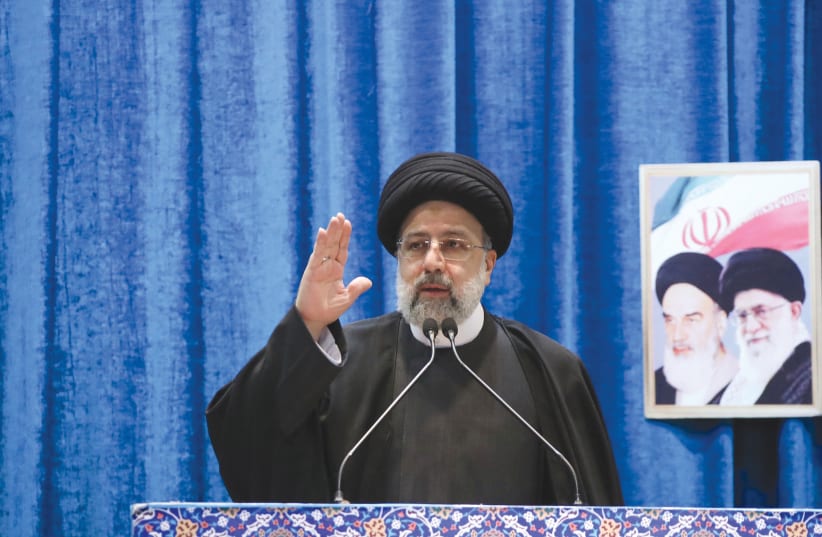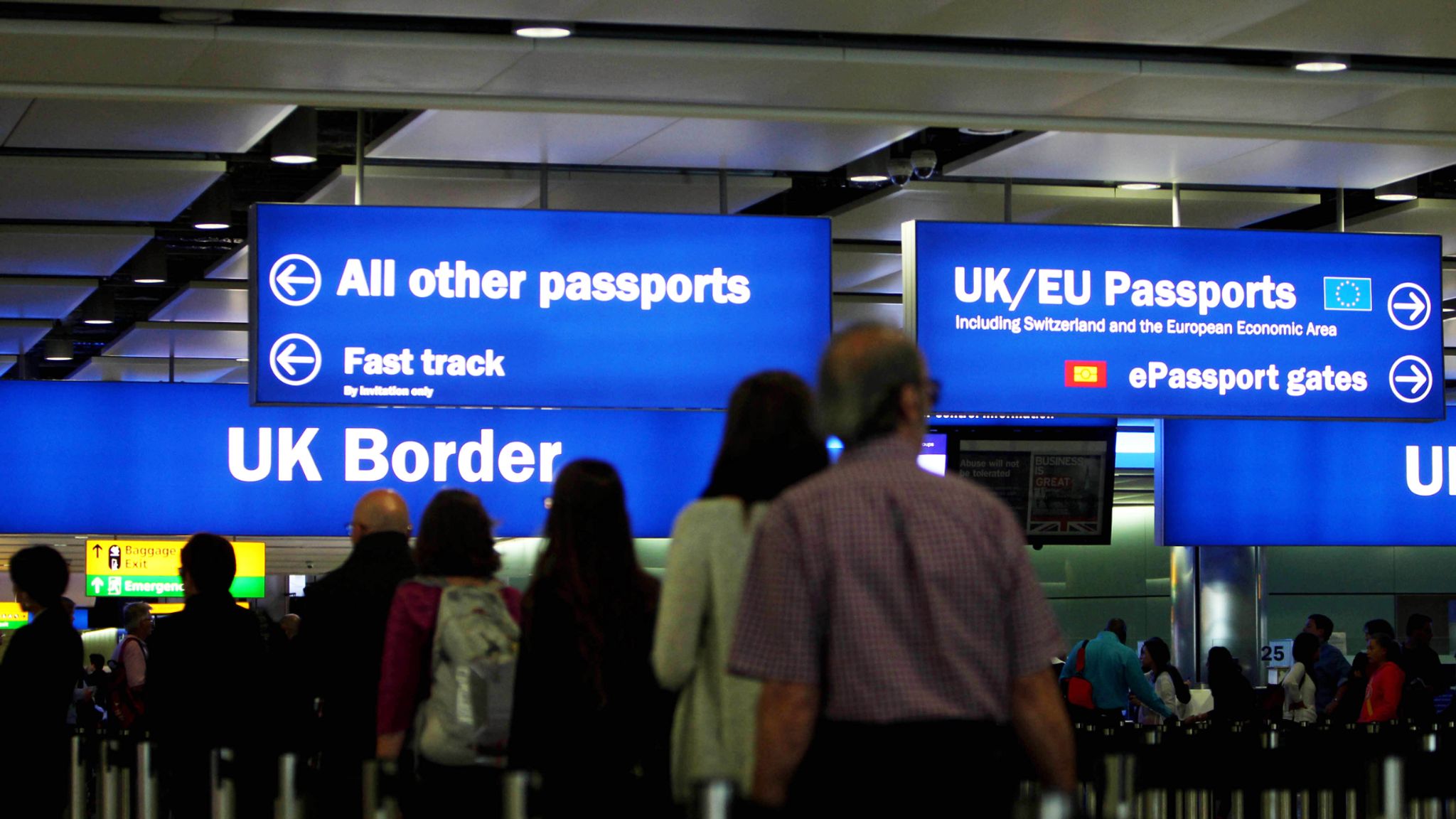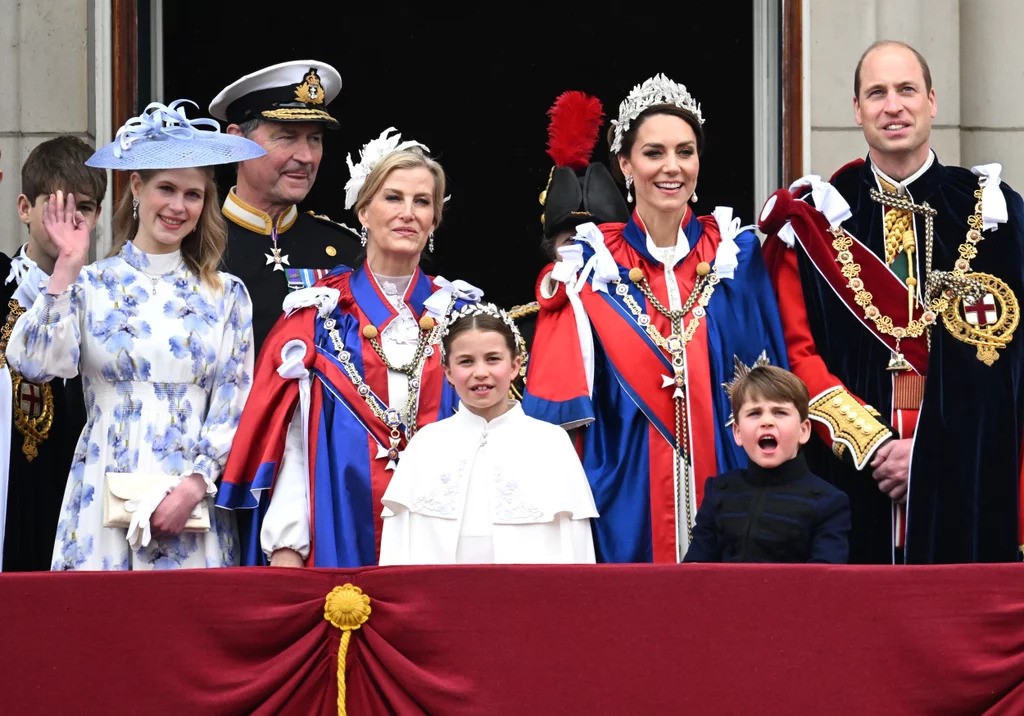JOHANNESBURG. — Steve Biko’s family and his foundation were not aware of a post-mortem report on the slain anti-apartheid activist until this week, his son says in court papers.
“Neither I nor the second applicant (the foundation) had any knowledge of the existence of the report prior to December 1, 2014,” Nkosinathi Biko states in his founding affidavit filed at the South Gauteng High Court in Johannesburg.
He learnt of the report on Monday afternoon when he was informed in an e-mail of an advertisement for the report’s auction.
Yesterday morning, the court halted the auction of his father’s original post-mortem document, about an hour before it was due to be auctioned by Westgate Walding Auctioneers. Bidding on the document was meant to start at R70 000.
In his affidavit, Biko, who is also the foundation’s CEO, said the respondents had refused to stop the auction.
He was concerned that if the auction proceeded, it could have been sold to a foreigner and taken overseas.
And if sold to a local person, it could have been “hidden, destroyed, manipulated, defaced, interfered with or resold”.
On its website Westgate Walding says the documents from 1977 contain certificates from pathologists, a certificate in terms of the Criminal Procedure Act, and a 43-page post-mortem report.
The photographs referred to in the text are not present, but the report on Biko’s brain has the “cyclostyled” signature of Dr Neville Sydney Proctor on each page. Proctor was an anatomical pathologist from the University of the Witwatersrand.
“It is unknown if another copy of this document exists. The history of the document is of interest,” says Westgate.
It was given to Maureen Steele, the personal secretary of Dr Jonathan Gluckman, the pathologist appointed by the Biko family.
“Dr Gluckman was very concerned about the safety of such documents as his offices had been bugged and he had received numerous death threats. He therefore asked Mrs Steele to keep the copies of such documents,” says Westgate.
Steele recently died and the documents went to her children, who did not want them. It was unknown if the children gave them or sold them to Westgate Walding.
Two of Steele’s children, Clive and Susan, were listed as respondents in the court case.
In his affidavit, Biko says: “Dr Gluckman was appointed by the family because we wanted an independent report as the police had claimed that Steve Biko died as a result of an extended hunger strike, a claim which later proved to be false.”
Biko said the report belonged to the Biko family, and the foundation wanted it for preservation purposes.
“The report will form part of the family archives which are held under the custody of the Steve Biko Foundation for their preservation. These archives are stored at the Steve Biko Centre which is open to the public and is a national legacy project designated by government,” he said.
“It is also my late father’s autopsy report. At the very least the report is emotionally sensitive and of familial significance to the Biko family . . . It is a report that the Biko family wished to preserve and display to all South Africans to further the legacy of my late father.”
The foundation raises and spends money for advancing human rights and democracy in South Africa, in accordance with the values Biko promoted.
In the 1960s and 1970s, Biko was a student leader and later founded the Black Consciousness Movement to mobilise the black population against the apartheid government. On 18 August, 1977, he was arrested at a police roadblock and interrogated. He was tortured in prison and died in a prison cell in Pretoria on September 12, 1977.
The court also ordered Westgate to stop the auction of the post-mortem report of Ahmed Timol, another anti-apartheid activist who died in police custody in 1972. — Sapa.






